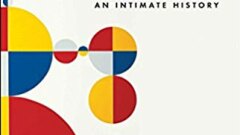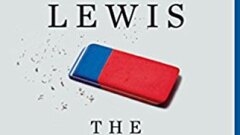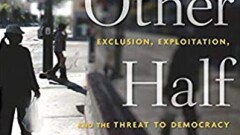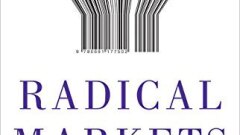Want unlimited access to top ideas and insights?
We get it. You can't read American Banker all the time (even if you should). But whether you're lounging on the beach sipping mojitos, hiking the Smoky Mountains, or, like many of us, taking a breather from household chores on your staycation, you still need an escape from time to time. We asked around, and compiled a list that should get you through any dry spells. Take a look, and let us know in the comments below if you've got any recommendations that we missed.

















